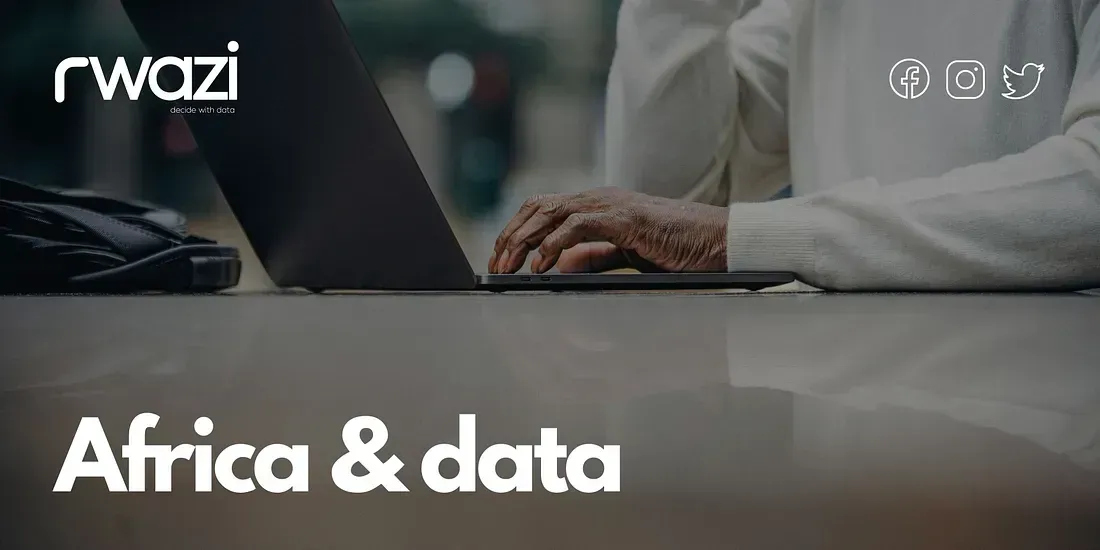Africa & Data

According to the Mo Ibrahim Foundation’s 2020 African Governance Report, “quality statistics are essential for all stages of evidence-based decision-making, which include monitoring of social and economic indicators; allocating political representation and government resources; guiding private sector investment; and information for the international donor community for programme design and policy formulation.” Despite the plethora of empirically backed evidence demonstrating the importance of data in monitoring and evaluation as well as decision making, Africa still suffers from major data gaps across the continent.
Research into the availability of reliable basic data reveals that as of 2020, only six out of the 17 UN Sustainable Development Goals (SDGs) have indicators with sufficient levels of data (above 50%) to assess progress in Africa. Furthermore, of the 54 countries on the continent, only 39 (accounting for a population of about 712 million citizens) have completed a population and housing census in the past decade. This demonstrates that only a little over half of the African population has been counted in some sort of census during the past 10 years, signifying that even basic demographic data is not readily available on the continent.
This reality ultimately begs the question, “how do Africans feel about having their data collected?” It is important to discuss this issue because even though it is easy to see the value of various kinds of data, the data must be collected from somewhere. Research suggests that, due to the cultural background of most African countries, the individuals providing this information (or from whom this data is collected) are typically different from individuals in the western world and this presents multiple challenges in the data collection process. However, research also suggests that individuals recognize that being part of the data makes one part of the bigger story. Therefore, with the backdrop of African culture, key issues like trust and privacy must be placed at the forefront of the data revolution if it is to continue gaining traction in the African context.
Data not only aids governments and international donors in measuring policy outcomes, but also plays an instrumental role in helping businesses understand consumer needs and behavior hence the conclusion that the data gap affects both public and private sector players on the continent. However, despite the evident lack of reliable data along with the challenges involved in collecting said data, the future of data in Africa looks extremely promising. The introduction of the biannual Africa Data Revolution Report (ADRR) by the United Nations Development Program (UNDP) in collaboration with the Economic Commission for Africa (ECA) is a step in the right direction towards getting African countries to commit to building open, inclusive, and participatory national statistical systems backed by reliable and inclusive data.
With information, investor confidence grows. With confident investors, money flows, and only then can real, sustainable development happen. Africa is on a trajectory towards improved availability of crucial data and information which can only lead to a brighter future for the continent at large. On this journey towards better production, distribution, and use of data, Rwazi is a partner you can trust! With our network of experienced and dedicated mappers, Rwazi has coupled technology with the exceptional manpower of African youth to ensure the delivery of real-time, reliable, and relevant business statistics for our clients across the continent. For all your data needs, look no further than Rwazi!





